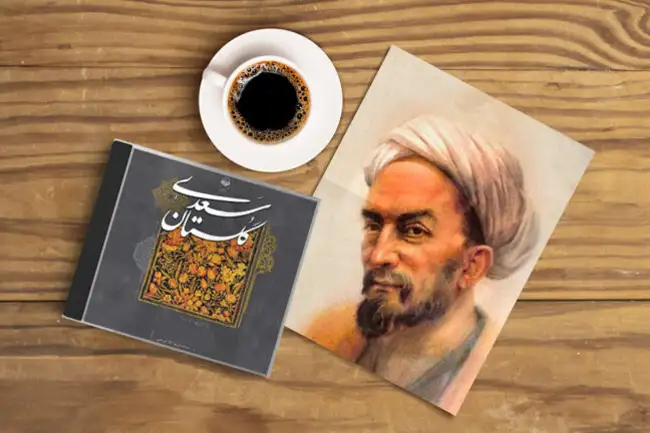Value of Health or قدر عافیت from Golestan written by Sa'di, one of the most prominent Persian poets of all time with selected verse lines from the book for non-Persian speakers who are interested in Persian literature and poetry The Persian version of the Value of Health by Sa'di To read the Persian version of the Value of Health by Sa'di, click on the link below: داستان قدر عافیت از گلستان سعدی برای آموزش زبان فارسی The podcast of the Value of Health from Golestan by Sa'di https://www.youtube.com/watch?v=x8Kig5EzUXc Learn Persian online with great stories and anecdotes The stories in Sa'di's ...
Home » Learn Persian Online with 500 Persian Lessons + Videos » Value of Health or قدر عافیت from Golestan by Sa’di with Poem

Value of Health or قدر عافیت from Golestan by Sa’di with Poem
Updated: by Dr. Mohammad Hossein Hariri Asl
Time to Read: 6 minutes | 606 Views | No Comments on Value of Health or قدر عافیت from Golestan by Sa’di with Poem
Share This Post
About the Author
Dr. Mohammad Hossein Hariri Asl is an English and Persian instructor, educator, researcher, inventor, published author, blogger, SEO expert, website developer, entrepreneur, and the creator of LELB Society. He's got a PhD in TEFL (Teaching English as a Foreign Language).
Number of Posts: 4242

